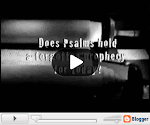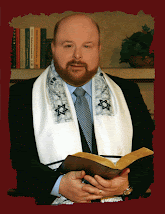
The government approved at dawn on Thursday, Sept. 24, a full national lockdown to rein in the soaring coronavirus contagion starting Friday, Sept. 25 up to Oct.11. culminating two days of bitter debate in the special cabinet. Closure is to be universally applied, excepting only for people employed in essential services. The extreme measure, advocated by PM Binyamin Netanyahu when the number of new cases a day climbed past 7,000 and serious cases to 657, was finally endorsed by Defense Minister Benny Gantz who acknowledged there was no option. Overnight, there were another 10 deaths raising the total to 1,375.
The ministers of his Kahol Lavan party had stood out against the decision over the restrictions imposed on anti-government protests along with gatherings of all kinds. Finance Minister Yisrael Katz voted against the decision, which brings private business sector to a halt for more than two weeks, as a price too high to pay for the country’s economic wellbeing.
In the end, prayer services and demonstrations alike are be restricted alike to 20 participants outdoors. Both chief rabbis ordered the closure of synagogues even on Yom Kippur the holiest day of the Jewish year, as well as the subsequent Succoth festival, for the sake of saving lives. Anti-government protesters will be confined like the rest of the population to within 1km of their homes, thereby breaking up the unruly, mass outbreaks taking place weekly outside the prime minister’s residence in Jerusalem.
The international airport will be closed to outgoing flights. Food stores and pharmacies will stay open, while all other retail trade is shuttered like the schools. Public transport will be limited.
The Knesset will be asked on Thursday to approve the full lockdown, which will substantially reinforce the partial closure that began last Friday. After 16 days, the state of covid-19 infection will be assessed to determine if the lockdown is to be extended or lightened in careful stages.




















